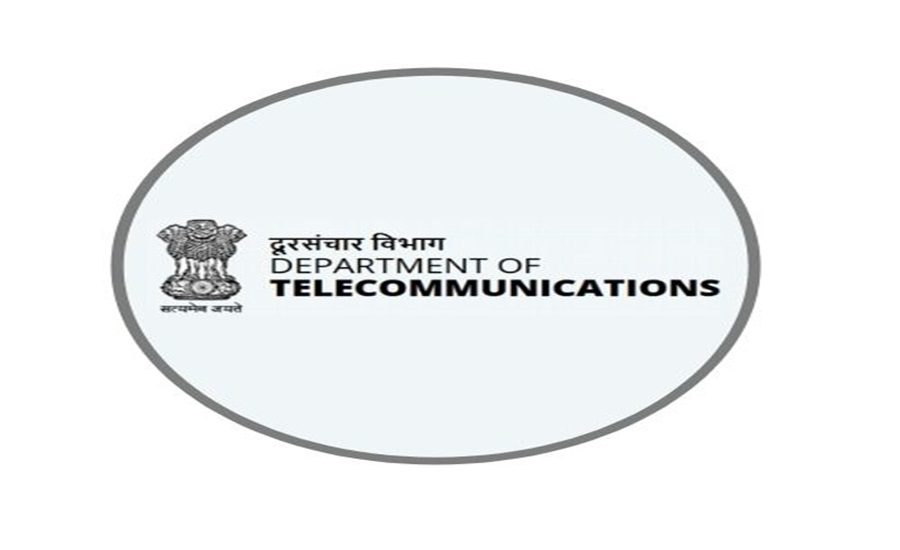New Delhi: The Department of Telecommunications (DoT) has exempted short-range vehicle radar systems operating in the 77-81 GHz frequency band from the spectrum assignment rule, according to a gazette notification issued on Wednesday. The decision is expected to accelerate the development and deployment of autonomous and semi-autonomous vehicles in India.
Exemption Details and Technical Standards
Under the exemption, companies will not require a frequency assignment to operate these radars, provided they adhere to specific technical conditions. These include non-interference, non-protection, and shared (non-exclusive) use of frequencies.
The notification states:
“No frequency assignment shall be required by any person to establish, maintain, work, possess or deal in any wireless equipment for the purpose of short-range automotive radar systems in the 77 to 81 GHz frequency band on non-interference, non-protection and shared (non-exclusive) basis, and using the technical parameters…”
This approach allows multiple users to operate radar systems within the same frequency band without exclusive rights, provided they follow defined technical standards.
Impact on ADAS and Autonomous Vehicles
Short-range automotive radar systems are a key component of Advanced Driver-Assistance Systems (ADAS), which are increasingly offered as premium features in modern vehicles. These radars support critical safety and automation features, including:
- Autonomous Emergency Braking (AEB)
- Adaptive Cruise Control
- Blind-Spot Detection
Higher levels of ADAS enable autonomous driving capabilities, similar to those already operational in countries like the United States.
The DoT’s exemption is expected to simplify regulatory hurdles for automotive manufacturers and technology developers, paving the way for faster adoption of autonomous vehicle technologies in India.
Read also: Cabinet Approves ₹7,280 Crore Scheme to Boost Domestic Manufacturing of Rare Earth Permanent Magnets




























